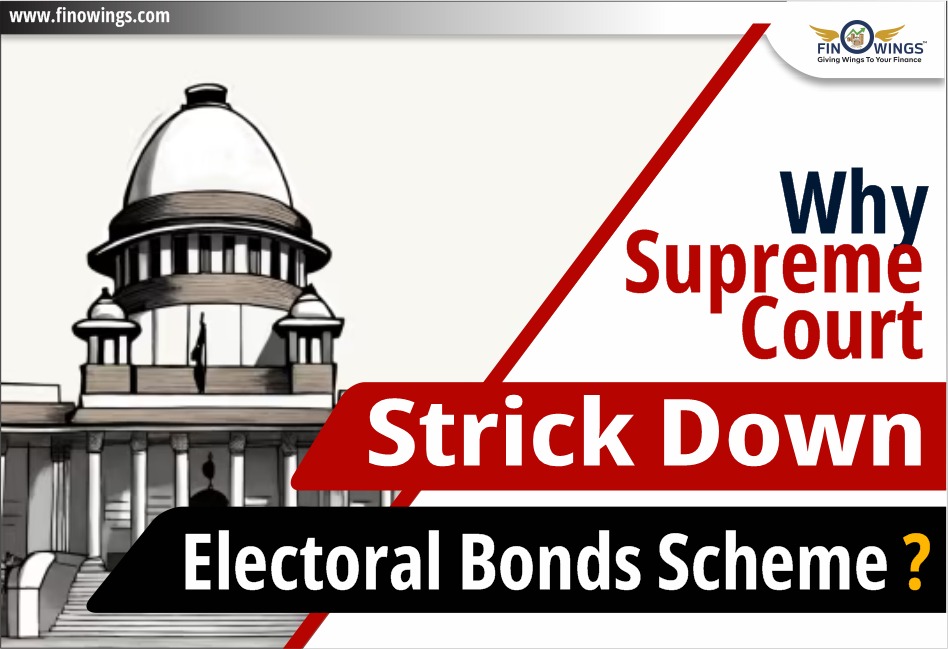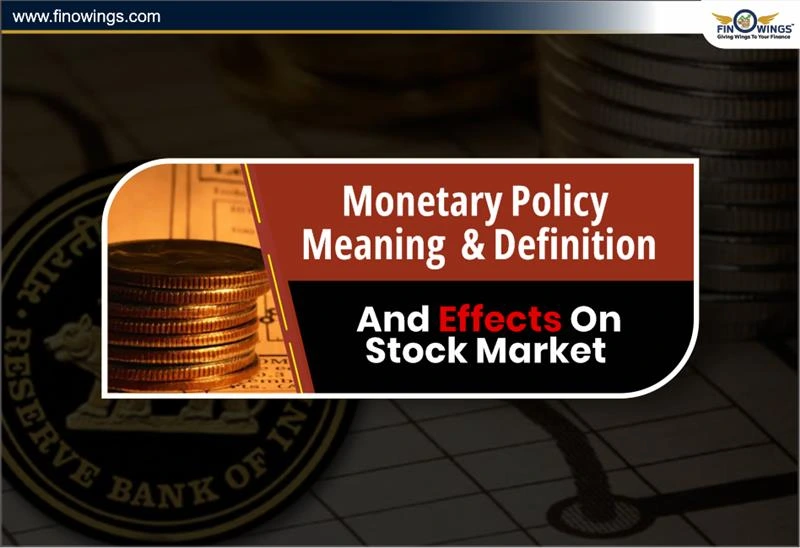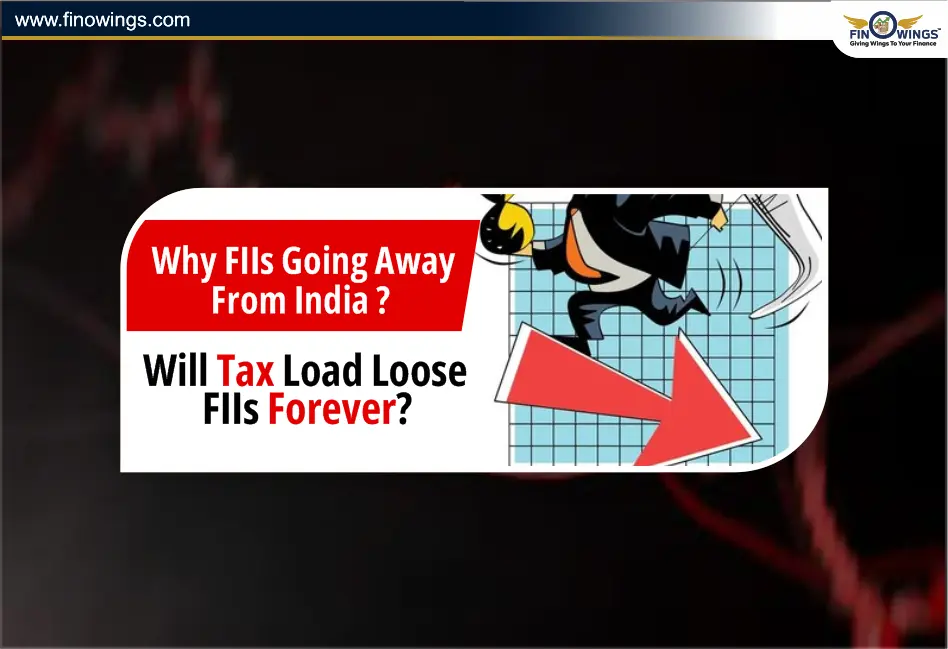Home >> Blog >> Why Supreme Court Strick Down Electoral Bonds Scheme?
Why Supreme Court Strick Down Electoral Bonds Scheme?

Table of Contents
In 2018, India introduced electoral bonds as a new way to fund political parties. Initially, they were seen as a way to make political funding more open and honest. However, there were worries about their secrecy and the potential for misuse. Eventually, the Supreme Court of India banned them. Before we look into why they were banned, let's understand what electoral bonds are and how they work.
What is an Electoral Bond?
Electoral bonds are like special notes that people or companies can buy and give to political parties without revealing their identity. They come in different amounts, from small to big, and were introduced in 2017 as a new way for parties to get money for elections.
Electoral bonds were introduced in India in 2018 to promote transparent political funding. As these bonds act as a means for individuals and organizations to donate money to political parties.
Unlike traditional methods of cash donations, electoral bonds are purchased from authorized banks using a KYC-compliant account. They are available in various denominations, ranging from Rs.1,000 to Rs.1 crore. Donors can then contribute these bonds to political parties of their choice, thereby providing a traceable and accountable mechanism for political funding.
How are They Regulated?
The electoral bond scheme is regulated by guidelines set forth by the government of India. To purchase electoral bonds, donors must have a KYC-compliant account with a bank authorised to issue these bonds. Political parties must be registered with the Election Commission of India (ECI) to receive and redeem electoral bonds. The regulatory framework aims to ensure transparency and accountability in political funding while maintaining the anonymity of donors.
In simple terms, If someone wants to buy an electoral bond, they have to follow certain rules, like giving their personal details. Political parties that want to get these bonds have to be registered and have done well in the last elections.
Why does the Supreme Court ban it?
Despite the government's intentions to promote transparency, people started raising doubts about electoral bonds back in 2017 when they were first introduced. Critics argue that the anonymity provided by electoral bonds compromises transparency in political funding. Without knowing the identity of donors, there are concerns about the potential for corruption, influence-peddling, and the illegality of campaign finance laws. The lack of disclosure regarding donor identities raises questions about accountability and the integrity of the electoral process.
Various organizations, including the Association for Democratic Reforms (ADR) and several political parties, petitioned the Supreme Court of India to review the legality and constitutionality of the scheme. These petitions raised fundamental questions about the transparency and fairness of political funding in India's democratic system.
It took several years of discussions and legal battles before the court finally made the decision to stop them in November 2023.
Allocation of Funds to Political Parties
The Bharatiya Janata Party (BJP) witnessed a significant surge in donations during the fiscal year 2022-23, garnering Rs.719.858 crore from 7,945 donors, as per a report by the Association for Democratic Reforms (ADR). This marked a 17.12% increase compared to the preceding financial year (2021-22) when it received Rs.614.626 crore.
The Indian National Congress (INC) secured the second position in donation receipts, accumulating Rs.79.924 crore, indicating a decrease of 16.27% from the previous fiscal year.
Notably, the total declared donations by national parties for FY 2022-23 amounted to Rs.850.438 crore from 12,167 contributions. The report also highlighted decreases in donations received by other major parties such as CPI(M) and the Aam Aadmi Party (AAP).
Moreover, the Bahujan Samaj Party (BSP) continued its trend of not receiving any donations exceeding Rs.20,000 for the 17th consecutive year.
State-wise analysis revealed that Delhi led in donation contributions with Rs.276.202 crore, followed by Gujarat with Rs.160.509 crore and Maharashtra with Rs.96.273 crore.
Corporate and business sectors were major contributors, accounting for 80.017% of total donations, while individual donors contributed 19.592%.
Furthermore, BJP's donations dominated those of other parties, receiving over eight times the total corporate donations declared by all other national parties combined. Prudent Electoral Trust emerged as a significant donor, contributing Rs.257.15 crore to BJP and AAP collectively.
Overall, the total donations to national parties in FY 2022-23 witnessed a substantial increase of Rs.91.701 crore, marking a rise of 12.09% from the previous fiscal year.
Conclusion
The Supreme Court's ban on electoral bonds is a significant victory for fair elections in India. Some people thought these bonds were good because they made donating money easier, but others were worried they could lead to dishonesty and unfairness. Now, with the ban in place, it could mean a step towards making elections fairer and more transparent in India. Tell Us your opinion on this in our comment section .




















